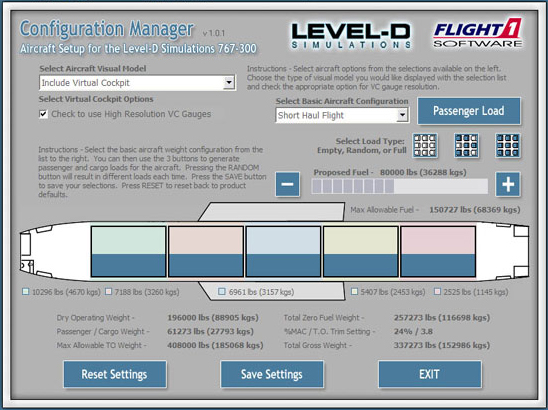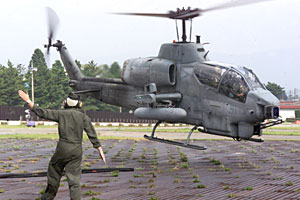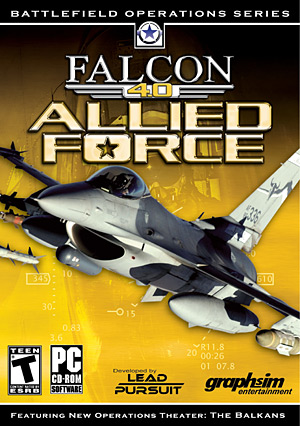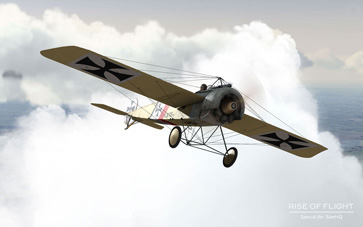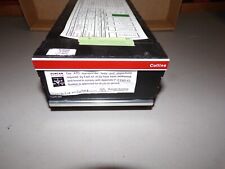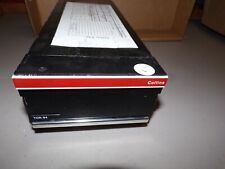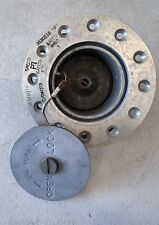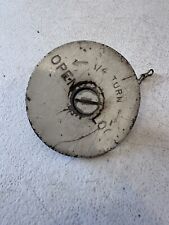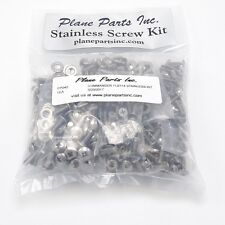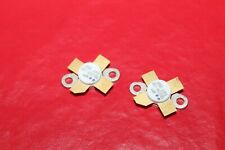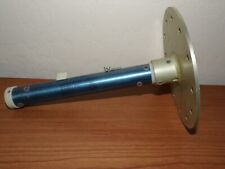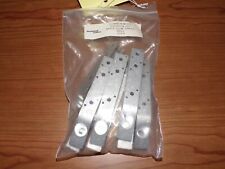Incoming aircraft are processed according to the military’s use requirements at the time. There are three basic types:
- Process In. Arriving aircraft have their weapons, hazardous or explosive materials, ejection seats, classified or easily pilferable items removed. Systems under spring or hydraulic tension are relieved. At the Flush Farm, fuel systems are drained (the fuel is cleaned and stored for use in other aircraft) and the systems purged with lightweight preservation oil. The aircraft are taken to the Wash Rack, where they are cleaned and inspected for wear and tear, damage, and corrosion. The sealing process involves taping seams, covering all openings: access panels, doors, intakes and exhausts, and then covering canopies and other surfaces with 2 coats of Spraylat, a non-hardening vinyl plastic, the final coating in white to protect against light and heat. The aircraft are then towed to their spot in the desert and secured.
- Process Out. Selected aircraft are removed from storage and prepared for flight ready condition. This may take several months, depending on the aircraft’s condition and what it’s destination will be. Target drones must be flyable by a pilot out to the Mojave range, where they will be fitted with the remote control equipment needed for that job.
- Reclamation. Removal of parts and assemblies as needed for replacement parts on operational aircraft in use around the world and for sale. This is a very important part of AMARC and is what keeps many of the operational aircraft in the fleet safe and available for use. Also, it is much more economical to use the parts off of older aircraft, because once an aircraft has gone out of production, any attempt to get a limited number part run from the manufacturer is going to result in a very heavy price tag. In fact, it is these types of circumstances that may help explain things like the infamous $600 hammer. What AMARC does, through its Reclamation process is maximize the fleet aircraft inventory to best effectiveness for the military, at the best cost for the taxpayer. In fact, AMARC may be the only part of the military that produces more revenue than it costs.
Obviously, many aircraft are stored at the AMARC facility, pending their disposition. There are four categories of aircraft storage:
Type 1000: Aircraft which could be readily made flight-ready.
Type 2000: Aircraft which may eventually be returned to flight status, but more likely will be reclassified to Type 4000.
Type 3000: Aircraft in flight-ready status, held for transfer or sale.
Type 4000: Minimal preservation. These aircraft will be parted out and eventually scrapped.
Virtually every day at AMARC, aircraft are coming in, going through processing and assigned to storage types, decisions have been made and will be made regarding their status and the needs of the military to best utilize the resources the aircraft represent in their current condition. Aircraft are flown out, either back to duty status, to another country, or to the target range. Still others are sold as display aircraft and are moved to museums, parks, and other facilities. Every scrap of worthwhile material is accounted for and used where needed in this continuing process of renewal.
I sometimes think of myself as a naïve child in matters like these. I hate to see something I have affection for damaged or destroyed, and if I had my way, they would all be preserved forever somewhere, for what utility I do not know. Just the comfort of knowing they’re there, I suppose.
The military does not have the luxury of idle contemplation concerning the future of these aircraft. They live in the very real world of military aircraft operations and readiness, a world of safety concerns, budgetary concerns, of having to justify everything they do and knowing that the justification will have to stand scrutiny years later for who-knows-what group of Monday Morning Quarterbacks to second-guess. I recognize the difficult jobs they have to do and now I have a little appreciation for just how they do them and how well they do them. The men and women of the military, and the civilian contractors operating AMARC are doing something that deserves appreciation. Appreciation that is not reflected in a name like Boneyard.
But even with the knowledge I now have of AMARC there’s a part of me that wishes that 50 years from now there will still be flying F-4 Phantoms, F-14 Tomcats, A-10 Thunderbolt II’s, and others, for our children and their children to watch, to marvel over, to wonder about. What stories would those aircraft tell if only they were able to tell them? Maybe with the help of AMARC, the stories will be told and imaginations fueled by old warriors still flying proudly.
The author greatly appreciates the assistance of The Pima Air and Space Museum, the AMARC web site, the United States Air Force, the United States Navy, and especially to Chris Slack and his excellent web site, “The AMARC Experience”.
We want your Feedback. Please let us know what you thought of this article here.





